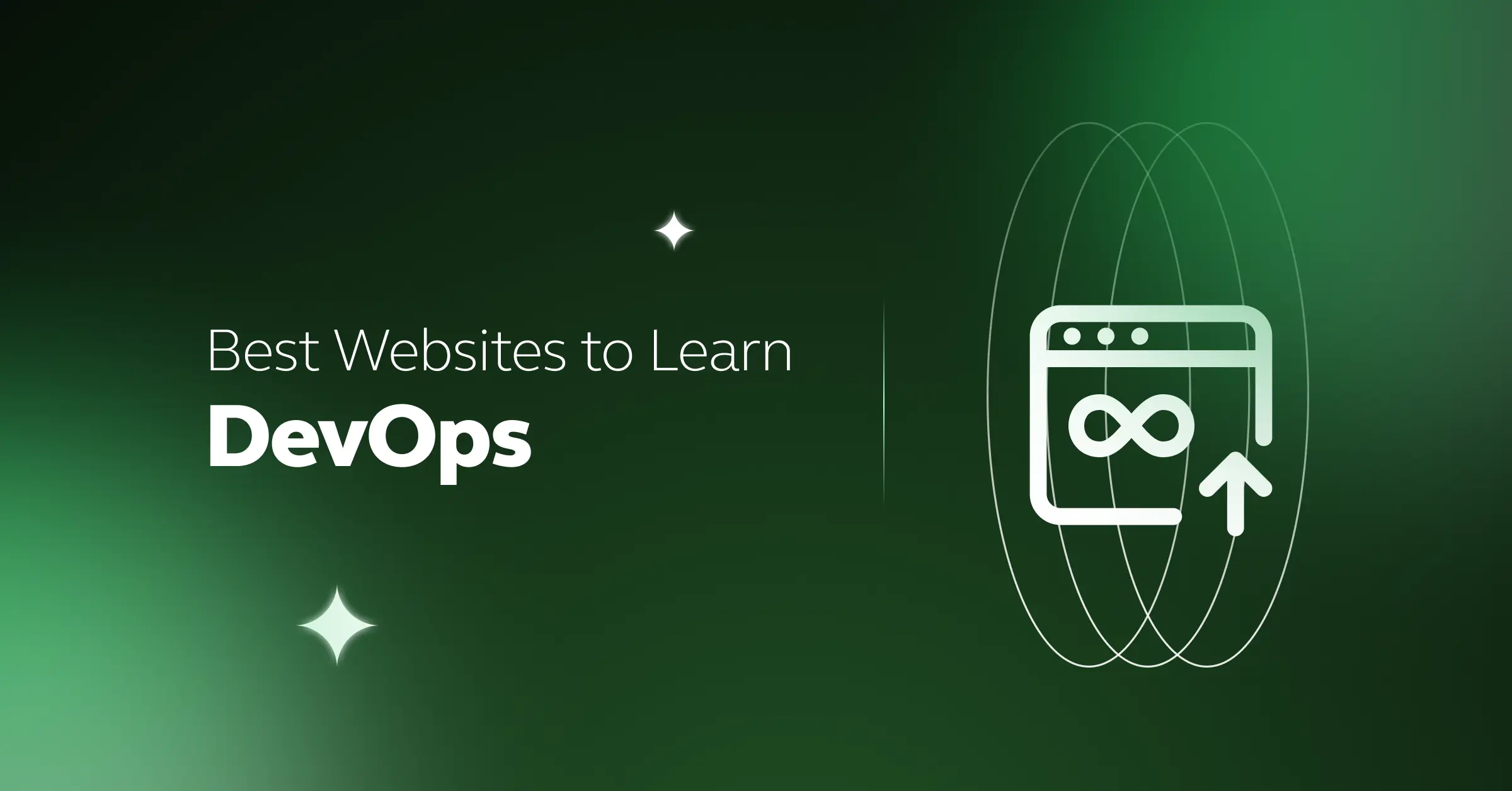
11 Best Websites to Learn DevOps For Beginners
Mar 18, 2025 4 Min Read 13427 Views
(Last Updated)
In the fast-paced world of technology, DevOps engineers are indispensable. They bridge the gap between software development and IT operations, ensuring a seamless and effective process. By embracing DevOps practices, organizations are improving their software delivery capabilities through streamlined collaboration, reliability, and efficiency.
If you’re eager to become a proficient DevOps engineer, this blog post is for you. We will provide valuable resources – the best websites to learn about DevOps. But before diving into these recommendations, let’s take a moment to understand what DevOps entails and its benefits.
Table of contents
- What is DevOps?
- Benefits of Learning DevOps
- Best Websites to Learn DevOps
- 1)Apiumhub
- 2)Atlassian DevOps
- 3)BMC
- 4)DevOps cube
- 5)DevOps.com
- 6)Docker
- 7)DZone DevOps
- 8)Infoworld
- 9)KodeCloud
- 10)Stackify DevOps
- 11)The Register DevOps
- Conclusion
What is DevOps?
DevOps is a transformative approach to software development that emphasizes collaboration and communication between development and operations teams.
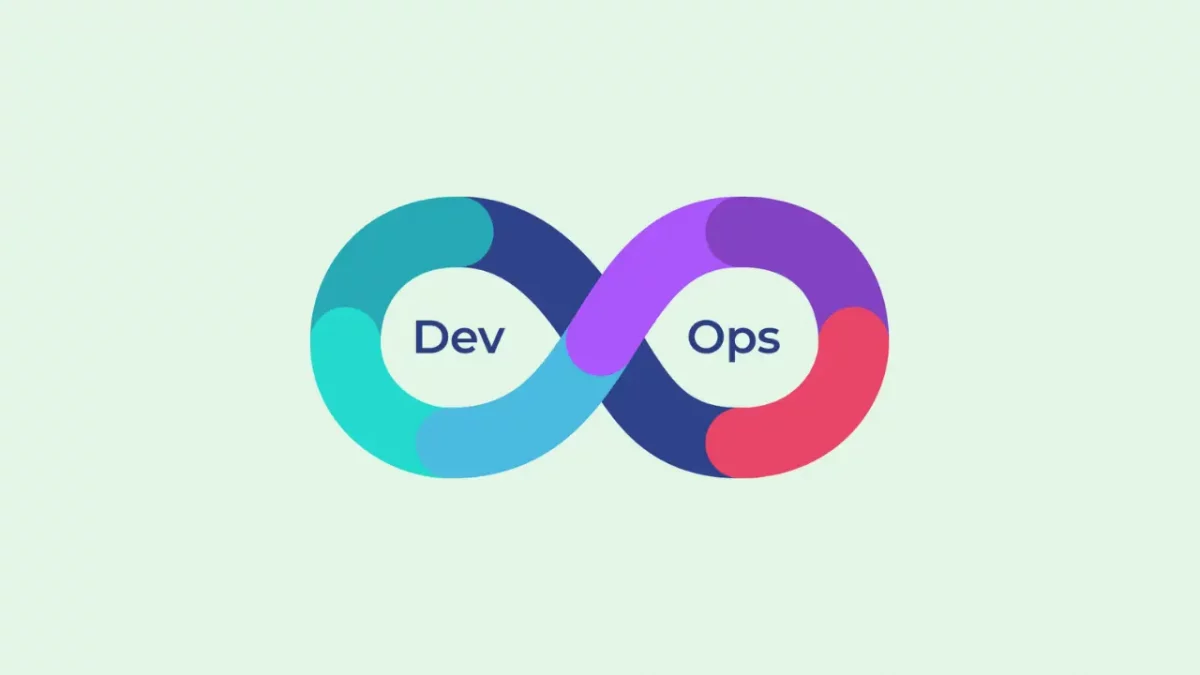
DevOps aims to create an efficient and reliable software development process by breaking down traditional barriers and fostering a seamless workflow. This approach integrates development and IT operations, enabling organizations to deliver high-quality applications faster and with reduced risk.
At its core, DevOps is a cultural shift that encourages teams to work together towards a common goal. It promotes automation, continuous integration and delivery, and close collaboration between developers, operations engineers, and other stakeholders.
By adopting DevOps practices, organizations can accelerate software delivery, improve customer satisfaction, increase efficiency, and foster better team collaboration.
Before we move to the next part, you should have a deeper knowledge of DevOps concepts. You can consider enrolling yourself in GUVI’s DevOps Course, which lets you gain practical experience by developing real-world projects and covers technologies including Agile, Scrum, Linux, Git, Bash Scripting, Dockers, Containers, AWS infrastructure, etc.
Additionally, if you would like to explore AWS Infrastructure through a Self-paced course, try GUVI’s AWS Infrastructure certification course.
Benefits of Learning DevOps

DevOps offers several advantages for a more cohesive and efficient software development process. One of the most significant benefits is its ability to foster increased collaboration and communication among various teams involved in the development cycle.
DevOps creates an environment where teams can work together cohesively, improving efficiency and reducing conflicts by encouraging closer interaction between developers, operations teams, and other stakeholders. This collaborative approach ensures everyone is on the same page and working towards a common goal.
Moreover, DevOps practices streamline the entire software development and deployment process through automation. Various aspects of the software development lifecycle, such as code testing, deployment, and monitoring, are automated, eliminating manual errors and reducing the time to release new features or updates.
With repetitive tasks handled by automation, DevOps empowers teams to focus more on innovation and creative problem-solving, ultimately boosting overall productivity.
DevOps further enhances the scalability and reliability of applications. Through practices like infrastructure as code and continuous integration/continuous deployment (CI/CD), organizations can quickly scale their applications to meet growing demands. Infrastructure as code enables infrastructure management through code, making it easier to replicate and scale environments as needed.
On the other hand, CI/CD ensures that new code changes are thoroughly tested and deployed quickly, resulting in more reliable and stable applications. These practices guarantee that applications can handle heavy workloads and operate smoothly, even during peak usage.
Best Websites to Learn DevOps
There is a lot of scattered information on the web about DevOps, and finding the best information on the field online can be a grind. We’ve compiled a handpicked list of the best websites to learn about DevOps. These websites provide unique perspectives, valuable resources, and insights from industry professionals, making them the perfect destinations to enrich your understanding and stay updated in the world of DevOps.
1) Apiumhub
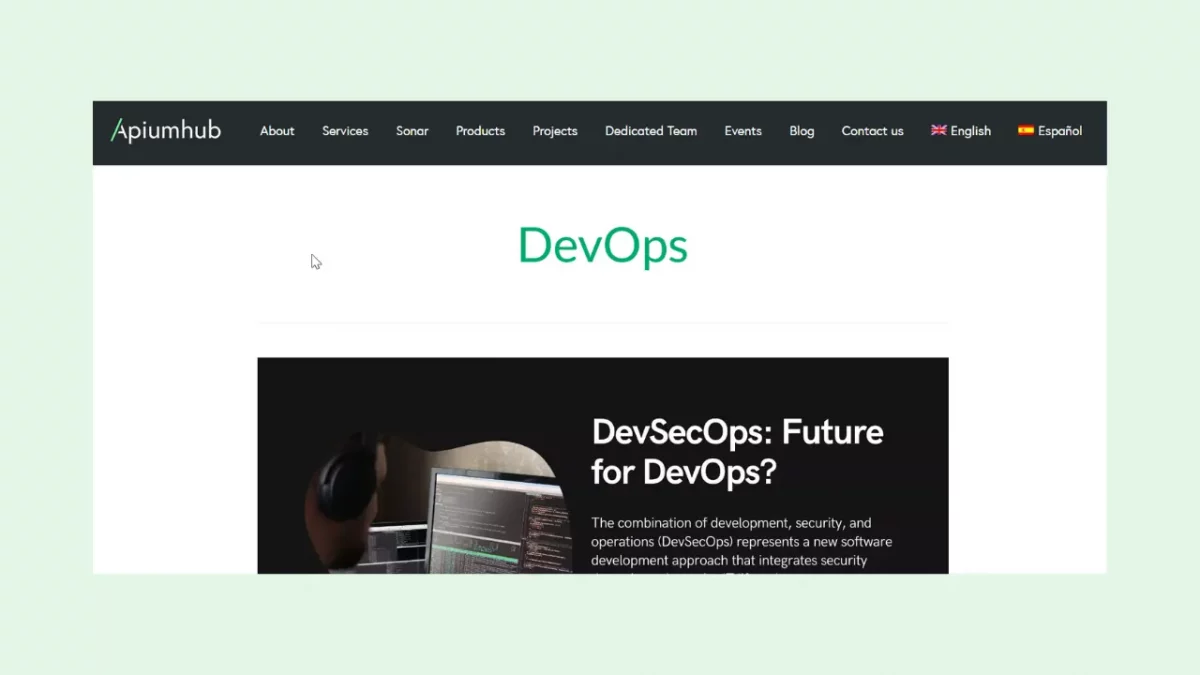
This fast-growing tech blog covers various aspects of software development, including automation techniques, DevOps tools, Jenkins, Docker, continuous integration, and more. The blog boasts a team of DevOps experts who regularly share their experiences and insights through informative articles.
Apiumhub’s content caters to beginners and experienced professionals, offering practical advice, tutorials, and industry-specific case studies. The blog’s diverse sections ensure you can explore various DevOps topics and stay informed about the latest trends and best practices.
2) Atlassian DevOps
This is a valuable website if you have familiarity with Atlassian products such as JIRA, Bitbucket, Confluence, Bamboo, and Trello. Their blog covers various topics related to the DevOps ecosystem, from IT management to compliance standards.
You can find articles on choosing the right DevOps tools, building a DevOps culture, and practical DevOps tips.
3) BMC

This comprehensive platform offers a wide range of high-quality articles related to DevOps. The blog covers various topics, including continuous delivery and deployment, code, the Internet of Things, containerization, and best practices.
One of the key strengths of BMC’s blog is its emphasis on the enterprise side of DevOps. The articles delve into enterprise-level challenges and provide practical solutions for implementing DevOps in large organizations.
4) DevOps cube

DevOps Cube is a comprehensive DevOps blog offering many tutorials, tips, examples, and trends. Whether you’re a beginner or an experienced DevOps engineer, this blog has something for everyone. It covers various topics related to popular DevOps tools like Docker, Jenkins, and Google Cloud.
The articles are informative and provide practical guidance, making them an excellent resource for a deeper understanding of DevOps concepts and tools.
5) DevOps.com
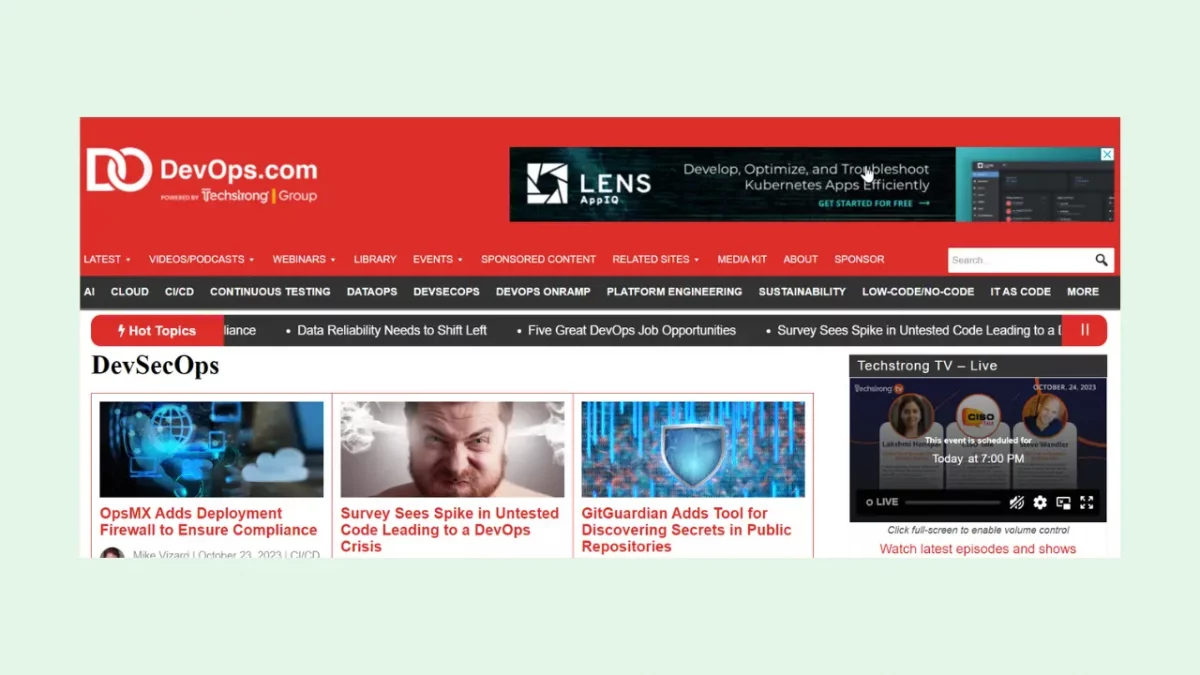
This is a dedicated platform that serves as the front page of the DevOps community. The website offers a wide range of content, including news, product reviews, opinion pieces, strategies, best practices, case studies, and insights from industry professionals. DevOps.com also hosts a weekly podcast called DevOps Chat, where they interview IT experts.
Additionally, the platform provides in-depth resources such as webinars, ebooks, and PDFs, allowing you to delve into specific tactics and strategies related to DevOps.
6) Docker
Docker is a widely used container tool. Their blog is filled with valuable resources for DevOps professionals. It primarily focuses on product-specific information, making it an excellent resource for anyone utilizing Docker in their DevOps workflow.
Docker’s blog regularly updates with new content, ensuring you have access to the latest insights and advancements in the field. Whether you’re a beginner or an experienced user, Docker’s blog provides knowledge and practical tips to enhance your DevOps practices.
7) DZone DevOps
DZone is a renowned tech website and educational hub that covers a wide range of IT and Agile topics. Within DZone, the DevOps section is a treasure trove of valuable resources. The website publishes numerous articles daily across various “Zones,” including DevOps, Cloud, Java, Mobile, IoT, and more.
The DevOps section of DZone is particularly noteworthy due to its abundance of practical implementations, theoretical discussions, and insights from famous DevOps engineers. This section caters to the needs of both beginners and experienced professionals in the DevOps world, providing a comprehensive collection of articles, tutorials, tips, and trends.
8) Infoworld
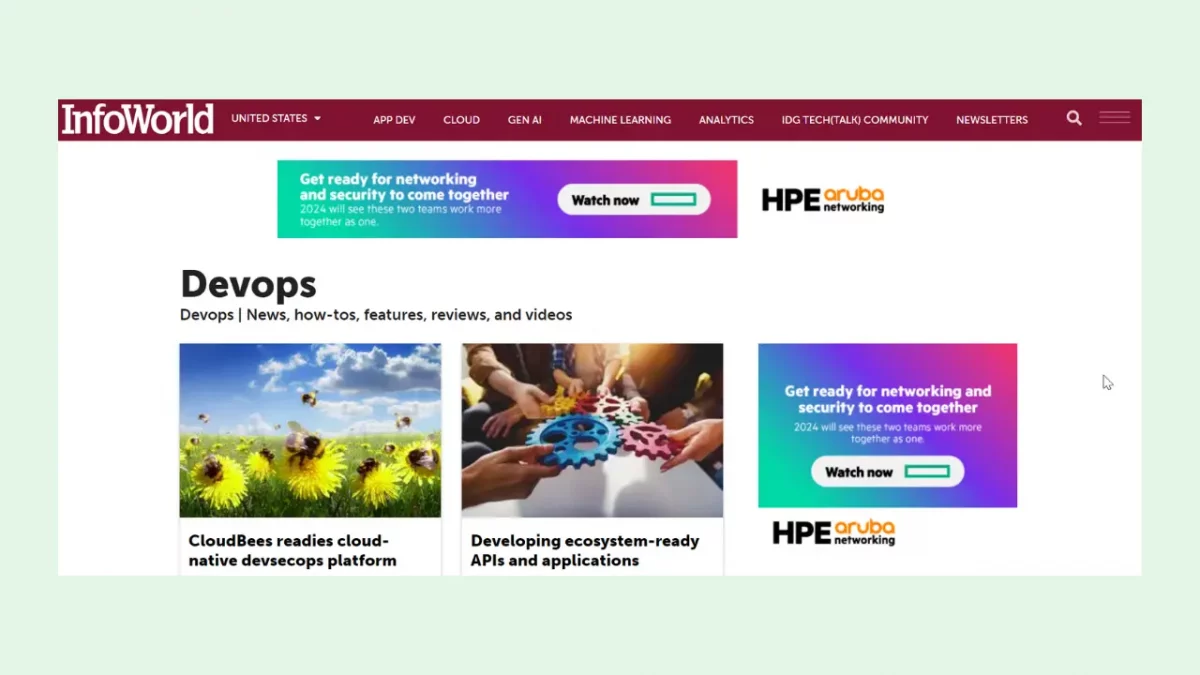
Infoworld is an online magazine that covers a wide range of topics, including data, networks, cloud computing, and DevOps. It is a good resource for learning about DevOps due to its extensive collection of articles that provide in-depth insights into the industry. The blog keeps readers up to date with the latest industry news and takes them deep into the technical aspects of DevOps with how-tos and recommendations.
The blog’s focus on technical how-tos and recommendations makes it particularly useful for professionals who want to implement DevOps practices and tools in their organizations.
9) KodeCloud
KodeCloud, also known as KodeKloud, is a leading DevOps education platform that aims to help individuals succeed with DevOps. Their platform follows a learning-by-doing approach, providing learning paths, bite-sized videos, interactive quizzes, playgrounds, and real-world projects known as ‘KodeKloud Engineer.’
The platform covers various topics, including infrastructure automation, containerization, cloud technologies, and CI/CD pipelines. Combining theoretical knowledge, practical exercises, and real-world projects makes KodeCloud an excellent resource.
10) Stackify DevOps
This informative blog caters to developers who want to learn more about .NET, Application Performance Monitoring (APM), DevOps, and running a more agile business. The blog covers various topics, including technical tutorials and industry insights. It is one of the best websites to learn about DevOps because it focuses on the intersection of software development and DevOps practices.
Stackify DevOps offers practical guidance on how to optimize .NET applications, improve application performance, and implement DevOps principles effectively.
11) The Register DevOps
The Register is a well-known blog that covers various topics, with DevOps being one of its main focuses. As such, it provides many helpful material for DevOps enthusiasts to explore. The blog offers a comprehensive collection of articles, news, and insights related to DevOps, ensuring you stay informed and up to date with the latest trends and developments in the industry.
From practical implementations to theoretical discussions, the blog covers a broad spectrum of DevOps topics, making it a valuable resource for everyone willing to gain a holistic understanding of DevOps and its applications.
Kickstart your career by enrolling in GUVI’s DevOps Course where you will master technologies including Linux, Git, AWS, etc., and build interesting real-life DevOps projects.
Alternatively, if you want to explore AWS infrastructure through a Self-paced course, try GUVI’s AWS Infrastructure certification course.
Conclusion
DevOps offers an enriching and lucrative career path. You should make the most of the available online resources to expand your proficiency as a DevOps engineer.
The websites listed above provide ample knowledge, insights, and perspectives catering to all levels of experience, from beginners to seasoned professionals, and cover various aspects of DevOps, including automation techniques, DevOps tools, continuous integration, infrastructure as code, and more.
Explore these websites and stay updated with the latest trends. You must remain on the hunt for new information to excel in this transformative domain. Also, read our blog post on the best YouTube channels to learn DevOps.




















![30 Important DevOps Interview Questions and Answers [Includes All 3 Levels] 10 DevOps Interview Questions and Answers](https://www.guvi.in/blog/wp-content/uploads/2025/05/30-Important-DevOps-Interview-Questions-and-Answers.png)

![Top High-Paying Non-Coding Jobs in DevOps [2025] 12 Non-Coding Jobs in DevOps](https://www.guvi.in/blog/wp-content/uploads/2023/11/Top-10-Non-Coding-Jobs-in-DevOps.png)
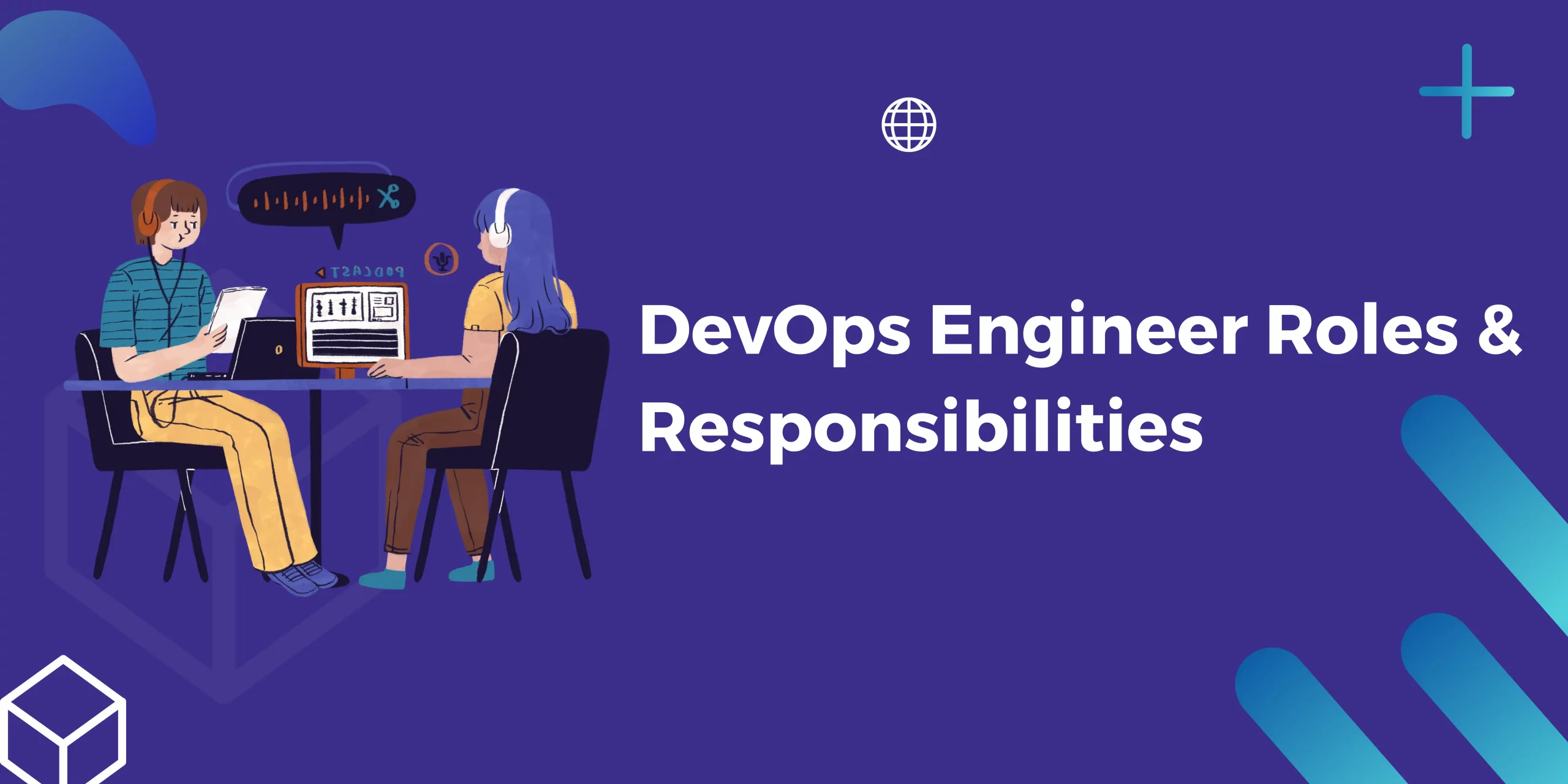
![Top 15+ Jenkins Interview Questions and Answers [2025] 14 jenkins interview questions](https://www.guvi.in/blog/wp-content/uploads/2022/06/wallpapertip_open-source-wallpaper_1780230.jpg)




Did you enjoy this article?